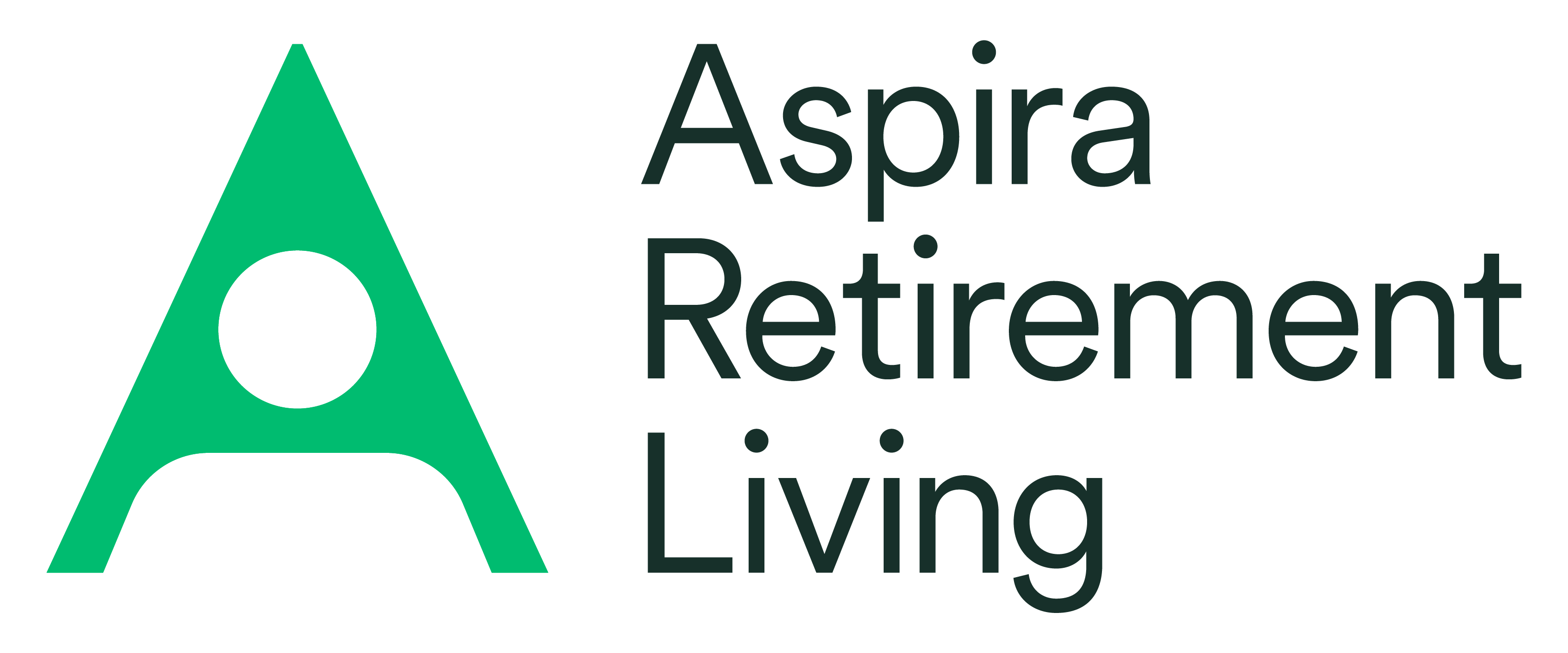As we enter our retirement years, maintaining robust bones and mobility becomes paramount. This was the focal point of our recent webinar where Meg Stickl - a certified personal trainer specializing in senior fitness - and Charlene Dawes, Aspira’s National Director of Wellness and Infection Control, shared valuable insights. This guide delves into maintaining bone strength through diet and exercise and reducing fall risks. If you would like to watch this webinar please click here.
Understanding osteoporosis and bone health
Osteoporosis, a condition leading to thin and porous bones, impacts millions globally. "You may know someone with osteoporosis. It is really prevalent, especially here in Canada, with over 2.3 million adults living with it. It is more common than we think," said Stickl, highlighting just how widespread the condition is. Regular bone density tests, especially for those over 65, are vital in monitoring bone health.
Key strategies for bone strength maintenance
Nutrition and supplements
Calcium and vitamin D are crucial for bone health. "Taking vitamin D and calcium supplements, or having calcium-rich foods all can help strengthen your bones as well as staying active with weight-bearing exercises,” Meg advised. Including calcium-laden foods like dairy and leafy greens is key. Additionally, vitamin D supplements can enhance calcium absorption and bone strength.
Physical activity
Weight-bearing exercises are pivotal in strengthening bones and muscles. Meg recommends at least 150 minutes per week of exercises like strength training, brisk walking, or dancing.
Fall prevention tactics
Exercises and home safety
Balancing exercises, such as tree poses and leg lifts, significantly reduce fall risks. Regular practice can enhance stability and coordination. Before meals, try practicing sit-to-stand movements to strengthen leg muscles. Ensuring you have safe, clutter-free living spaces can also prevent falls. Non-slip surfaces, particularly in bathrooms, and well-arranged furniture can create a safer home environment.
Regular Health Assessments
Consultations with healthcare professionals for medication reviews and health assessments can identify risk factors for falls. This proactive approach is crucial in fall prevention.
Embracing a holistic approach
Residents at Aspira Retirement Living can immensely benefit from structured exercise programs and community activities. Dawes noted, “We assess our residents who move in, we do it every 6 months as well. We review your history of falls, and we're able to actually determine your level of risk of a fall with a lot of the things.” Aspira’s exercise programs not only improve physical well-being but also foster social connections and a sense of community.
Importance of regular exercise
Regular exercise, as part of Aspira’s wellness programs, can significantly boost physical and mental health. Activities like group fitness classes and walking groups not only improve physical strength but also enhance social engagement and mental well-being.
Closing Thoughts
Maintaining strong bones and preventing falls is a comprehensive approach that significantly enhances life quality in retirement. As Meg puts it, “One of the best things to do is to stay active to prevent falls, and to feel safer on your feet.” Diet is also crucial she said. “Ask yourself ‘Am I getting enough calcium through my food? Or do I need to supplement?’” said Stickl. With proper guidance, lifestyle adjustments, diet adjustment and community support, retirement years at Aspira can be as vibrant and fulfilling as any other life stage.
Overall the webinar encourages us to embrace a balanced lifestyle. If your current living situation isn’t allowing you to achieve a healthier life then maybe it’s time to consider a life in one of Aspira’s warm and vibrant residences. The journey towards maintaining mobility and independence in our golden years is an empowering process that brings immense rewards in terms of health, happiness, and overall quality of life. If you would like to watch this webinar please click here.

Wondering what comes next or need more advice? Download our Guide for Loved Ones to learn more.


